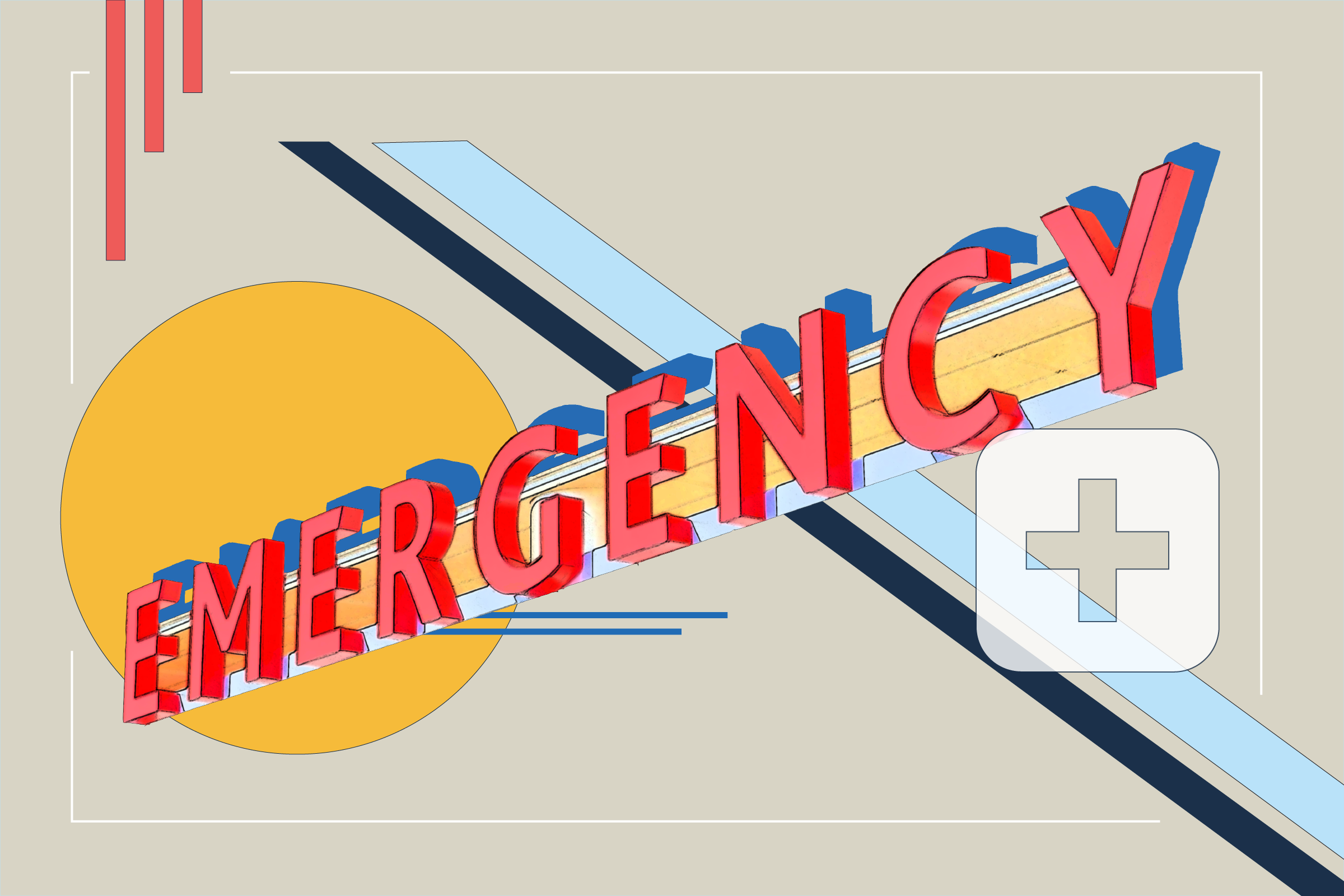In the early weeks of March 2020, Teachers College (TC) Institutional Review Board (IRB) took emergency action in response to the COVID-19 pandemic by suspending in-person study activities. Researchers responded to the urgency of in-person research ramp-down by vacating their work spaces, securing study data, and filing materials in earnest.
In reflection of the events of March 2020, IRB Staff and Board Members seek to develop a Researcher Crisis Management Plan. While the policies and procedures associated with this plan are in development, we encourage researchers to think through possible tasks and changes to their study activities in the event of a campus closure, partial ramp-down, or full suspension of research due to an emergency situation (e.g., environmental disaster, pandemic, etc.).
During the design phase of a study, researchers can incorporate emergency response plans, contact lists, and data security protocols into their research plan. For ongoing studies, researchers may want to self-assess their current protocols and update preparedness measures for new or modified study activities.
Consider Different Types of Emergencies
Emergencies may include natural or human-made disasters and can vary in length and severity. Different types of emergencies will require different responses, and your response to an emergency may change depending on your research stage and the types of activities you are conducting. Consider your research at its various stages within the following situations:
- Suspension of activities lasting one week versus one month (or longer)
- Suspension of in-person engagement in favor of online activities
- Limited versus lack of access to physical research spaces such as labs or offices
- Operating with limited research staff or resources
- Working with distressed research populations
- Engaging in face-to-face communication versus mediated communication (over the phone, via Zoom, etc.)
- Participants’ lack of technology, unreliable WIFI, or limited resources
Researchers can consult the Ramp Down Checklist published by Teachers College Research Compliance and Safety Committee as a guide on how to prepare for an emergency. Consider the following questions, outlined in the Ramp Down Checklist, as they relate to your research:
Study Activities and Training
- What training do staff need in order to quickly suspend or secure critical equipment and operations during an emergency?
- What essential versus nonessential activities can easily be suspended or delayed in the event of an emergency?
- What are the established procedures for suspending essential activities (both long, and short-term study suspensions)?
- For studies that meet regularly with participants and provide direct benefits (e.g., psychiatric services), what alternatives are available if the research activities must be suspended?
Communication and Information Technologies
- Who should be contacted during an emergency (include phones, emails, and addresses, if applicable)?
- What options are available to quickly transition staff and operations to secure remote work?
- Are all critical data regularly backed-up and secured?
- For appliances and equipment that required uninterrupted power, is there an emergency power supply available?
- Are all essential research staff trained on how to securely handle hardware and software?
- Revisit TC IRB’s Data Security Plan. What is your specific data security plan for your research activities?
Research Materials
- Can you efficiently secure and store all study materials (e.g., locked office, locked drawers, password protected computer) in the event of a campus closure or study suspension?
- What is the established procedure for canceling non-essential research supply orders and shipments?
- What is the established procedure for supporting and securely storing specialized equipment, valuable items, or hazardous materials in the event of a long-term research shutdown?
- Are all critical equipment and materials elevated off the floor or protected (e.g., with waterproof plastics) against flooding and corrosion?
Security
- What is the established procedure for closing up a laboratory, office space, or research facility?
- What is the established procedure for securing all electronic devices, equipment, and data?
- Are all portable electronic equipment secured for remote work?
Space Hygiene Measures
- Is there an established hygiene policy for equipment, office spaces, laboratories, and other research-related activities?
- What waste or perishable items must be removed before a long-term shutdown?
- How will hazardous waste materials be maintained in the event of a long-term shutdown?
Teachers College IRB strives to support researchers and protect participants. If you have questions about preparing your research for an emergency, please review the guidance on the Research Compliance and Safety website, or contact IRB@tc.edu.
